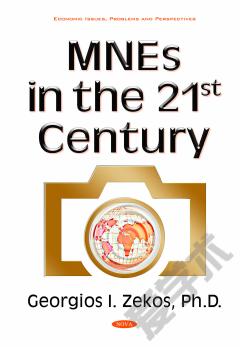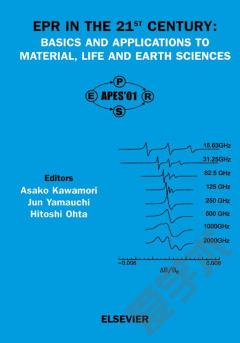MNEs in the 21st Century
Globalization is characterized by the increase of MNEs, an increased role for international financial institutions, and/or an explosion of multilateral agreements and arrangements. Vertical integration mirrors the spatial dispersal of supplies, raw materials, crucial inputs and intermediate products. MNEs reach advantages owing to both vertical and horizontal integration. Global network organizations more and more perceive the relocation of HQ activities as the next movement in the optimization of their global networks. The EU should be transformed into a federation, the United States of Europe (USE), with a common federal economy solving current political, societal and economic problems within EU. The United States of Europe (USE) would be a much more attractive environment for the location of MNEs with all advantages for the whole EU area, such as transfer of technology. ΜΝΕs shift income into low-tax states through transfer pricing and debt financing. There is a swift development and emergence of e-MNEs on such things as line shops and emergence of e-logistics, but there is a long distance towards a real overwhelming spread of e-MNEs. Risk management has become more and more important in the financial industry. The business of global governance is set to become one of the key international policy issues of the twenty-first century.
{{comment.content}}








 京公网安备 11010802027623号
京公网安备 11010802027623号